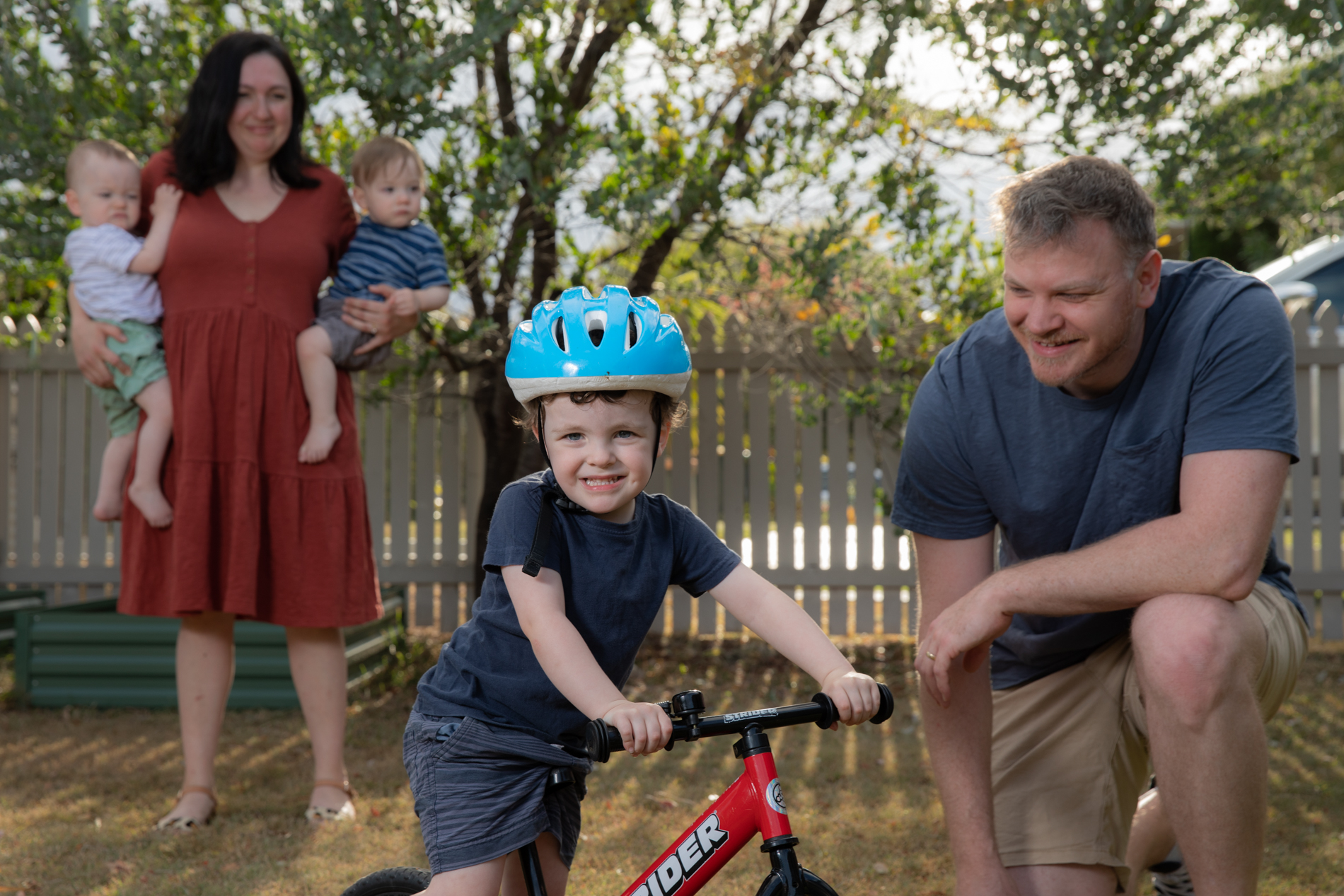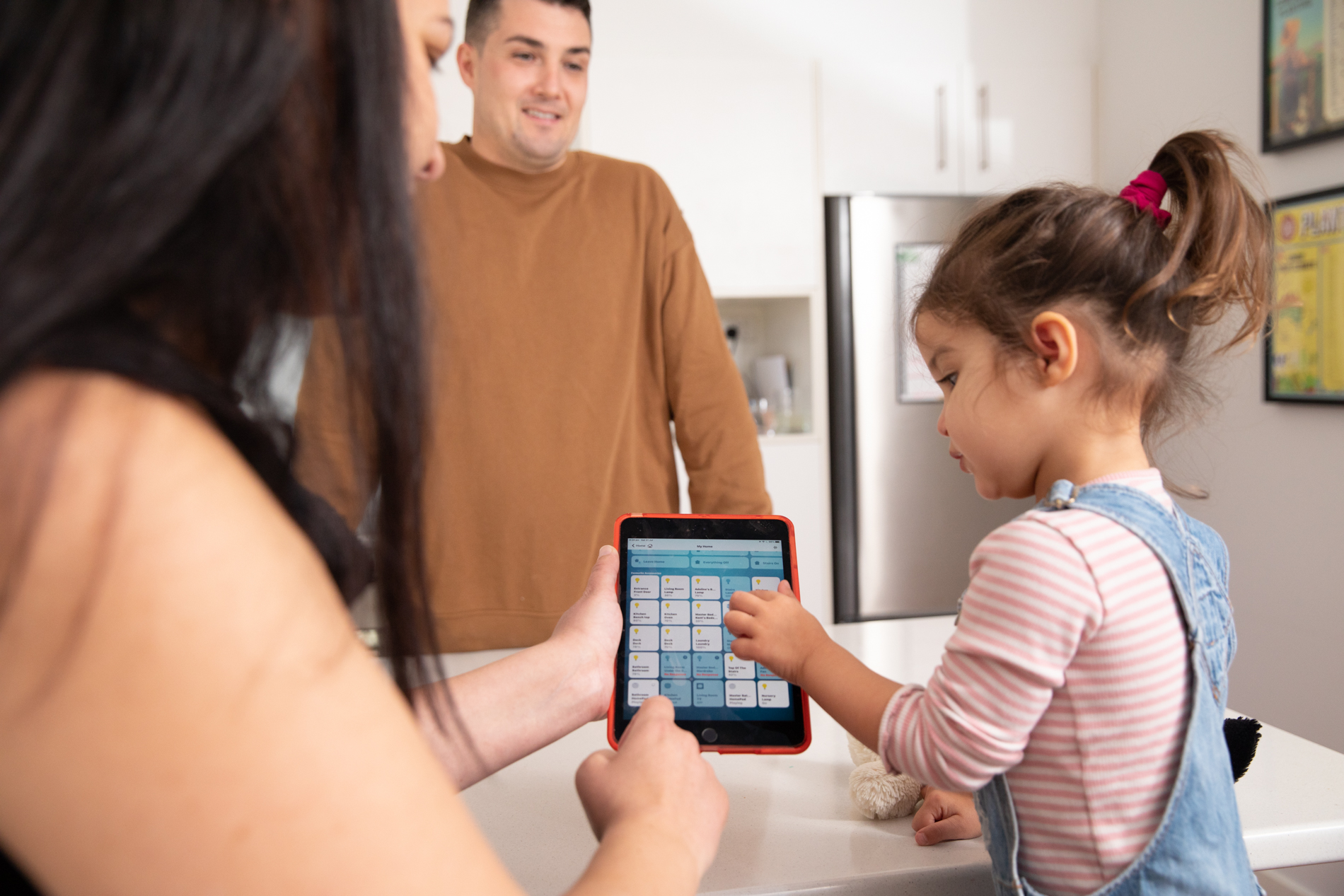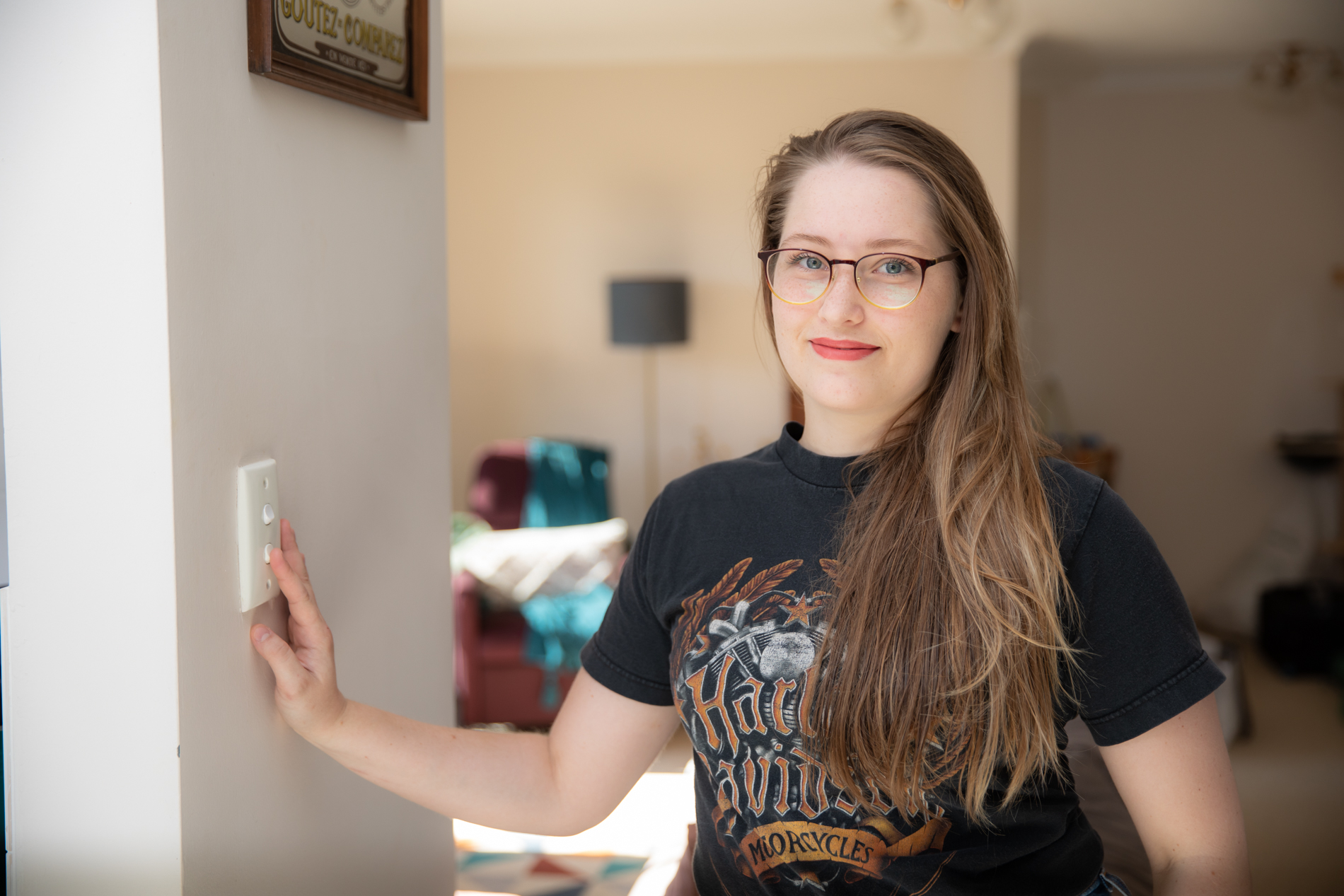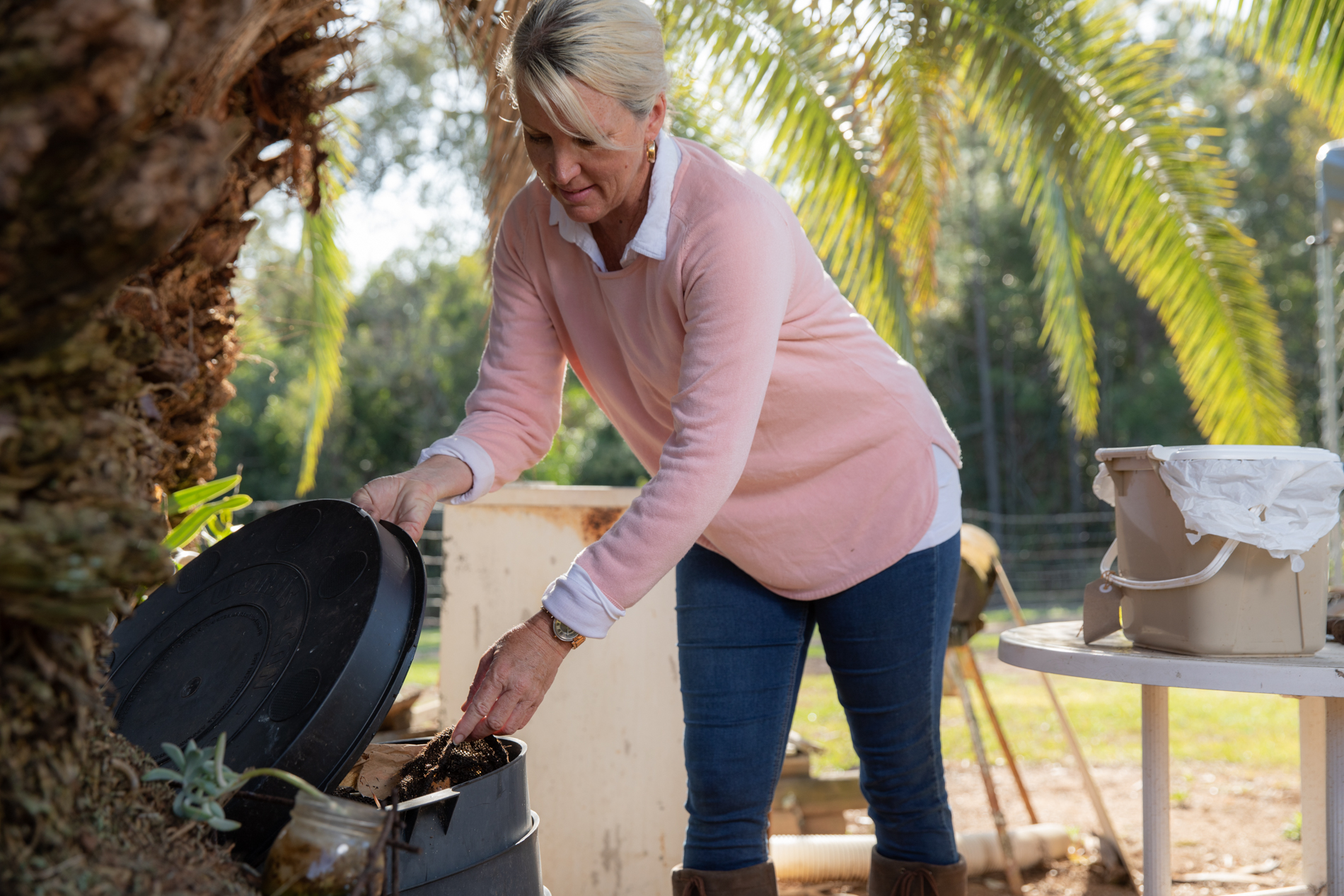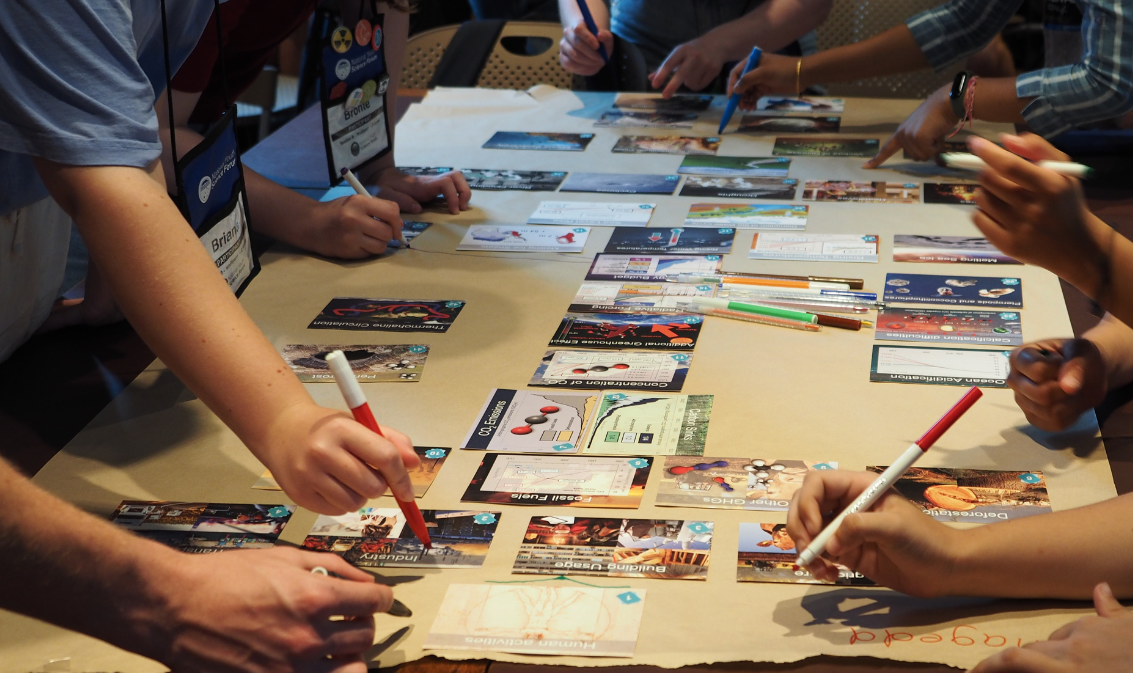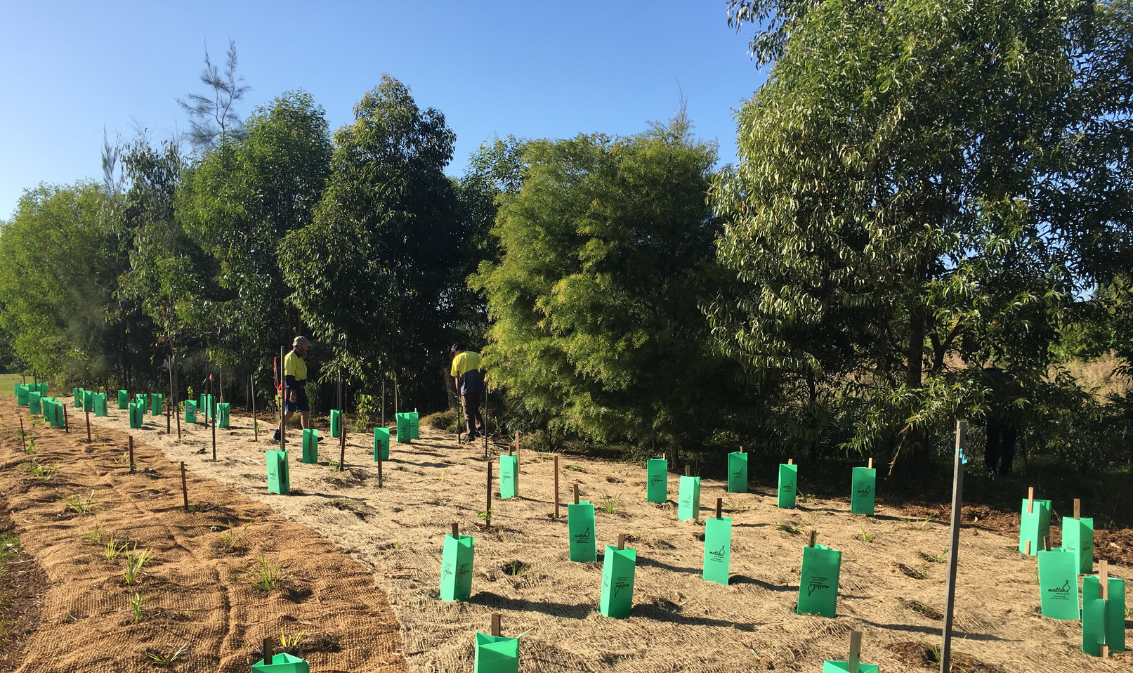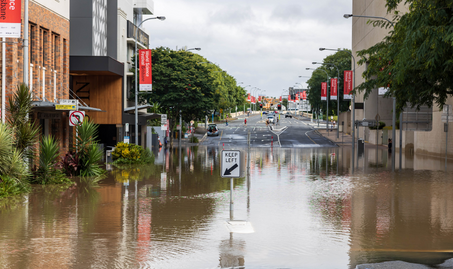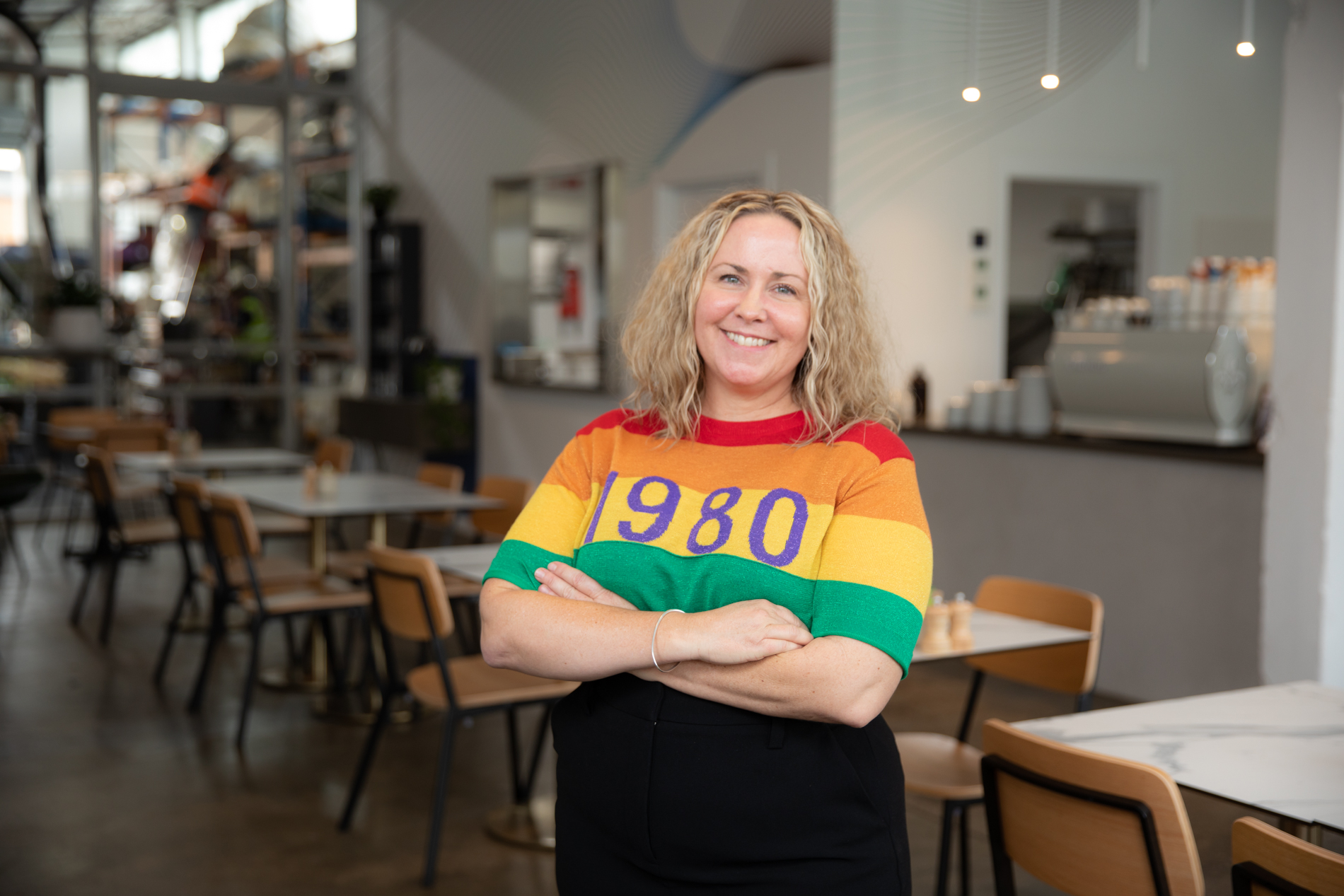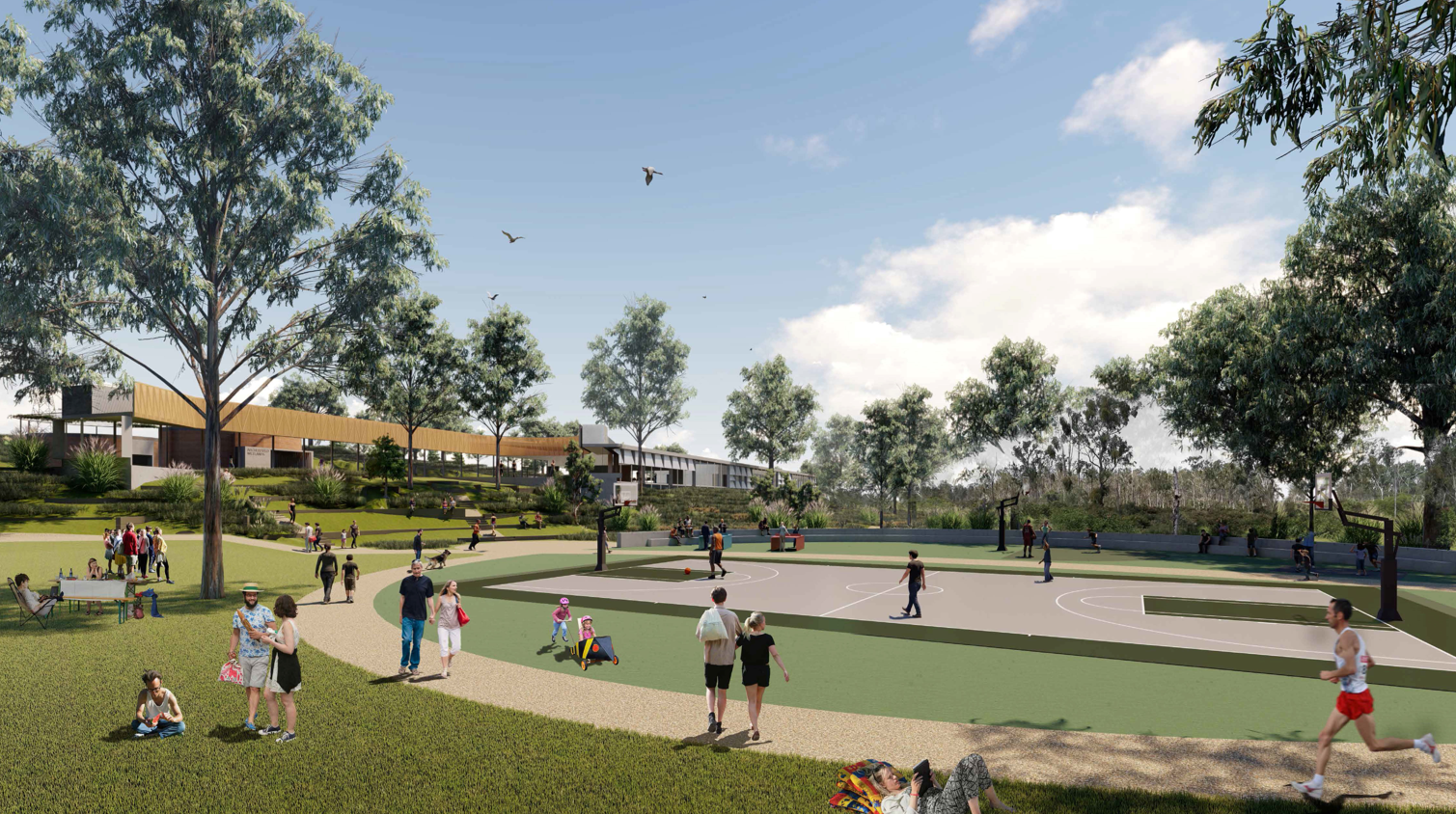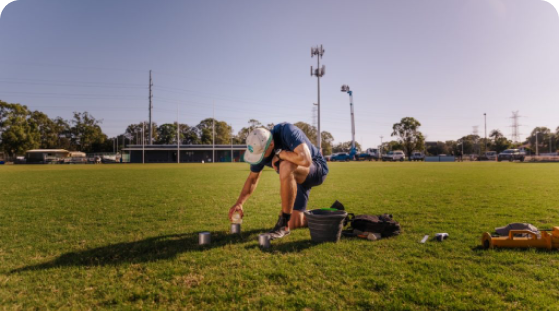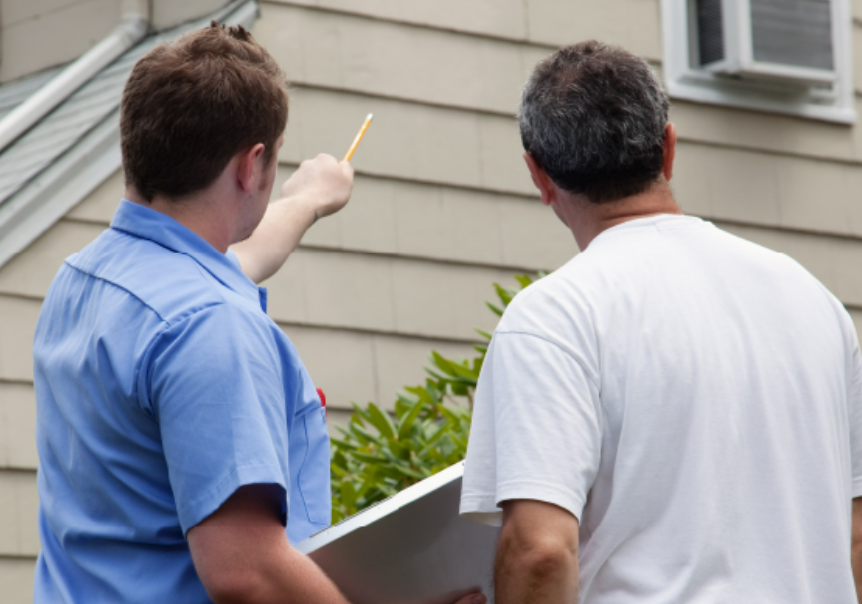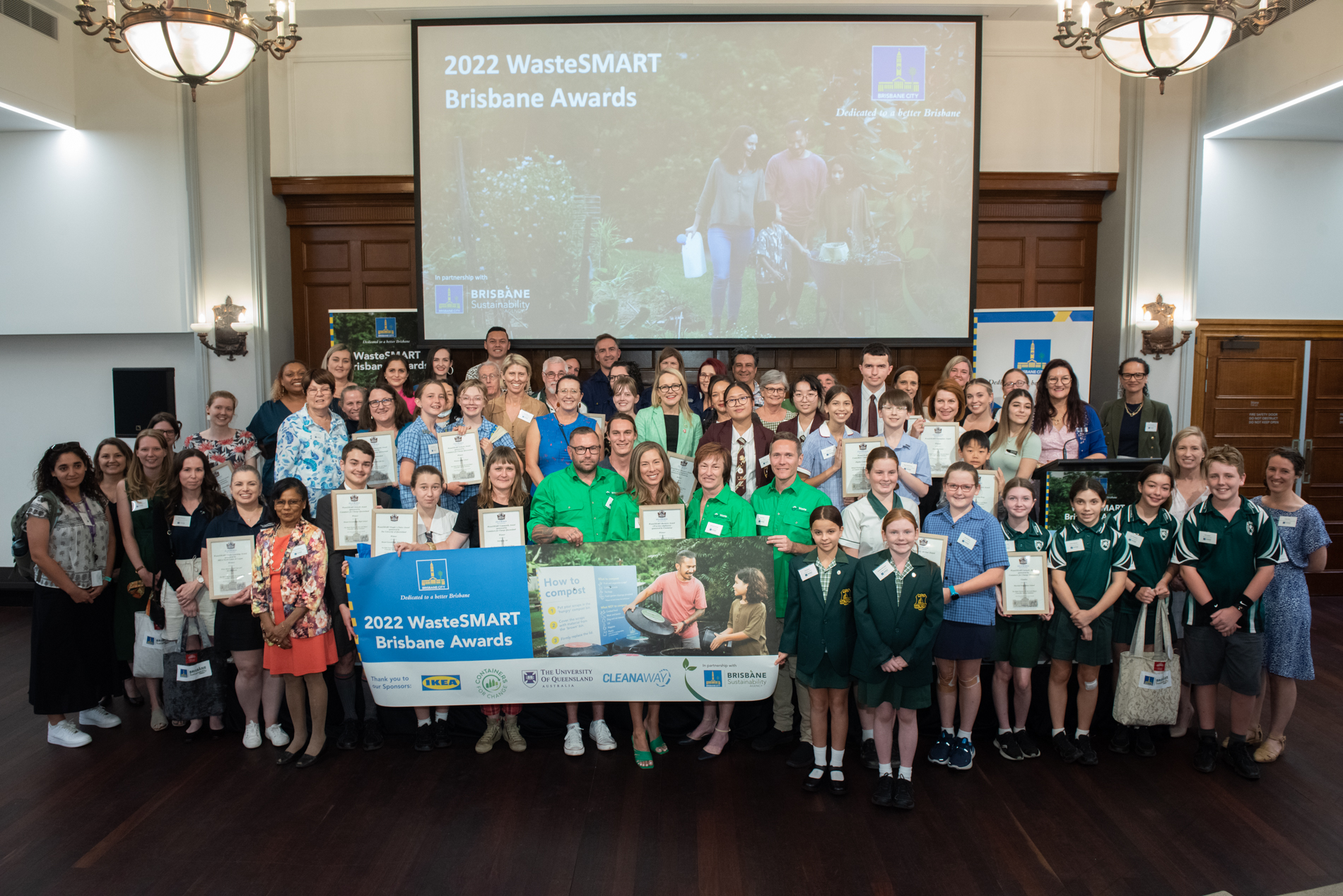Brisbane Carbon Challenge
The Brisbane Carbon Challenge is a Brisbane City Council initiative delivered in partnership with Brisbane Sustainability Agency to support residents to reduce their household carbon footprint and save on bills.
About the program
Brisbane City Council has a target to reduce household carbon emissions to six tonnes on average by 2031 – representing around a 50 per cent reduction from the current average of 11.5 tonnes. To help residents understand and reduce their household carbon emissions and save money at the same time, Brisbane City Council, in partnership with Brisbane Sustainability Agency, has developed an innovative community education initiative, the Brisbane Carbon Challenge.
By taking the Brisbane Carbon Challenge, residents will learn about the carbon emissions created as a result of their household’s energy use, transport and waste, create a personalised low-carbon action plan and learn from tips and resources to help reduce their emissions and save on household bills – potentially by thousands of dollars a year.
Are you ready to take action?
There are a range of carbon reduction actions to suit all homes, budgets and lifestyles. Many might also be good for your health and help save on bills.
Remember, small steps at home can make a big difference to help make Brisbane a low-carbon and climate-resilient city. To take the Brisbane Carbon Challenge, follow these steps:
- Calculate your household carbon footprint using the online calculator
- Plan how you will reduce your carbon emissions by taking the home energy, transport and waste action quizzes to create a personalised low-carbon action plan
- Take action to reduce your household emissions and bills by implementing your plan together with the other members of your household
- Track progress by marking actions as complete and re-taking the challenge to see how your emissions have changed
Don’t forget to share your Brisbane Carbon Challenge results with your family and friends and encourage them to take the Challenge too!
Learn all the different ways to reduce your carbon footprint
Read our comprehensive list of carbon-reducing actions with practical tips, resources and stories of Brisbane households taking the Brisbane Carbon Challenge to reduce their household footprint.
How Brisbane households reduced their carbon emissions by 55% on average
In 2021, Brisbane Sustainability Agency worked with a range of families, couples, single-person households and sharehouses that were all determined to lower their carbon footprint, no matter the lifestyles, budgets and dwelling types.
The program provided these champion households with assessments, action plans, one-on-one coaching, regular learning webinars and incentives to reduce their carbon footprint from home energy use, transport and waste.1
Is it possible to halve your carbon footprint in a year? Impressively, the champion households managed to more than halve their carbon footprint on average, with many households reducing their carbon footprint by over 75%! With their challenges and successes, see how they did it.
More information
For more information on the Brisbane Carbon Challenge, read our frequently asked questions or get in touch.
What are carbon emissions?
When we talk about carbon emissions, we’re referring to greenhouse gases, such as carbon dioxide and methane.
Many of our day-to-day activities, like driving petrol-fuelled cars, using electricity generated from coal or gas, or disposing of rubbish in landfill add carbon emissions to the atmosphere.
Why is it important to reduce household carbon emissions?
Carbon emissions trap heat in the atmosphere, causing global temperatures to rise and the global climate to change. The best way to take climate action is to reduce our carbon emissions.
Households are a major contributor to carbon emissions and account for around one-quarter of Brisbane’s total carbon footprint.
Get started today
Take the Brisbane Carbon Challenge today to calculate your household carbon emissions, compare yourself to the Brisbane average and learn from tips and resources to help you along your carbon-reducing journey.

